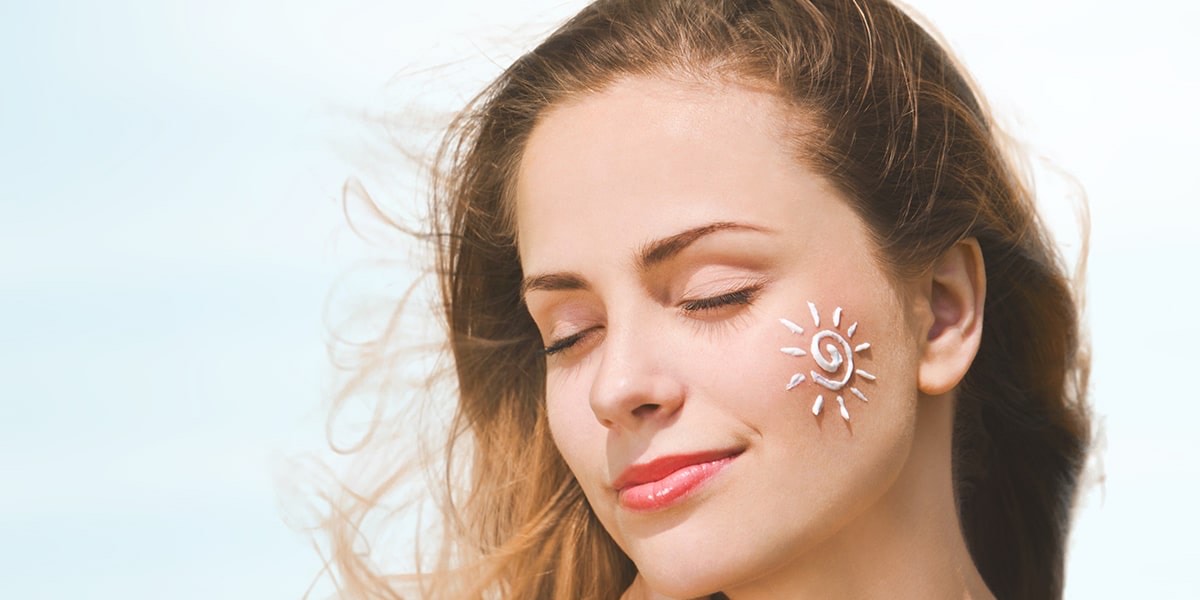Until now, a brightly tanned young body is considered the benchmark of beauty. Therefore, frustrated by cold summers, more and more people of our country are invading tropical countries and enjoying sunbathing in moderation. Unfortunately, in order to look beautiful, many will forget the SPF. Rarely do people think about how much they will have to “pay” for it in the future. UVA rays promote wrinkles and premature ageing (in addition to damaging skin cells in the epidermis), while UVB rays cause skin redness and sunburn. Both types of rays are extremely harmful to the skin, so it is very important to choose protective measures that protect against both UVA and UVB rays.
Effects of the sun on the skin without SPF:
Exposure to the sun’s rays expands the blood vessels and increases the amount of blood entering the skin, causing erythema (reddening of the skin).
- Skin gets looking older
- Pigmentation appearance on the skin
- Impact to our immune system
- Skin disease as erythema, sensitivity, dryness
- Wrinkles
How to avoid the bad impact:
- Always use SPF and moisturiser
- Avoid sun from 10am-4pm as sun is the hottest in this time gap
- Wear hats and sunglasses
What is SPF and what is doing to protect skin
SPF not only ensures an even and long-lasting tan, but also protects the skin from burns, ageing processes and possible oncological skin diseases. Protective creams with SPF filter reduce the penetration of dangerous ultraviolet (UV) rays into the skin and allow it to tan without “stress”, without bright redness and itching. The most important thing is to be safe.
Did you know?
- Sand, snow, concrete and water can reflect the net up to 85 percent. sunlight, thus increasing radiation.
- In 1974, an Austrian chemist, who had completed an improvement on a system developed and modified by previous colleagues, proposed the concept of the sun protection factor (SPF).

